Rules For Buying a New Primary Residence Without Selling Your Current Home

If you are considering buying a new primary residence without selling your current home, it can be a complex process that requires careful planning and consideration. You should take some essential steps to ensure a smooth transition into dual homeownership. Middle Tennessee Real Estate is here to help you navigate the process and make informed decisions for a successful journey as a dual homeowner. Here are some important rules to keep in mind as you move forward:
-
Assess your financial situation
-
Source funding for another down payment
-
Decide how both homes will operate
-
Research tax implications
-
Organizing property management
1. Assess Your Financial Situation
Before deciding to buy a new primary residence without selling your current home, conduct a comprehensive assessment of your financial standing.
-
Income: Evaluate your current income streams and ascertain their stability.
-
Expenses: Create a detailed breakdown of your monthly payments to understand your financial commitments.
-
Debt: Assess your existing debts and formulate a plan to manage them effectively.
-
Credit Score: A good credit score is crucial for securing favorable mortgage terms. Check and work on improving it if necessary.
-
Mortgage: Understand the implications of carrying multiple mortgages and analyze your ability to manage the associated financial obligations.
-
Property Taxes: Research property tax rates in both locations to factor them into your budget.
-
Maintenance: Budget for ongoing maintenance costs for both properties.
-
Insurance: Explore insurance options to safeguard both homes adequately.
2. Source Funding for Another Down Payment
When you're considering buying a new primary residence without selling your current home, it's important to remember that you'll likely need to come up with a down payment. This is a significant amount of money you'll need to have on hand to secure your new home's purchase. There are many different potential funding sources that you can explore to obtain the necessary funds. It's essential to carefully consider your options and choose the approach that makes the most sense for your unique financial situation.
3. Decide How Both Homes Will Operate
To ensure a smooth and successful home-buying process, clearly defining each property's role in your life is essential. Take some time to consider whether the home you're looking for will serve as an investment property, a vacation home, a primary residence, or another purpose. You can make informed decisions and avoid confusion or uncertainty by establishing precise purposes. So, take some time to reflect on your needs and goals, and let them guide your decision-making as you search for your dream home.
4. Research Tax Implications
It is crucial to thoroughly understand the tax implications of owning more than one property before buying a new primary residence without selling your current home. Seeking a tax professional's advice can provide valuable insights into the potential tax benefits or obligations that come with dual homeownership.
A tax professional like the ones at Middle Tennessee Real Estate can help you navigate complex tax laws and regulations and optimize your tax strategy to maximize your financial benefits while remaining compliant with the law. Feel free to seek their guidance to make informed decisions about your finances.
5. Organize Property Management (If Necessary)
If you own two properties, you might find managing all the tasks that come with it challenging. It can quickly become overwhelming, from handling maintenance and repairs to dealing with tenant issues.
Consider hiring a property manager who can handle all these responsibilities in such cases. By entrusting your properties to a professional, you can focus on other important things while ensuring everything runs smoothly. This is especially crucial if you plan to rent out your existing home, as managing tenants can be a full-time job. A property manager can help you find and vet tenants, collect rent, and handle disputes, allowing you to sit back and relax.
The Pros and Cons of Buying a New Primary Residence Without Selling Your Current Home:
Before making such a significant decision, weighing the pros and cons is crucial.
Pros
-
Investment Opportunity: Holding onto your current home can be a long-term investment, potentially appreciating.
-
Flexibility: Maintain the flexibility to move back into your original home if circumstances change.
-
Rental Income: Renting out your existing home can provide an additional income stream.
Cons
-
Financial Strain: Managing two mortgages can strain finances, but finding affordable homes is possible. Work with a real estate agent and explore financing options for a suitable home within your budget.
-
Market Risks: Real estate markets can be unpredictable. There's a risk that the value of your existing home may decline.
-
Management Challenges: Juggling the responsibilities of two properties can be time-consuming and demanding.
Conclusion
Buying a new primary residence without selling your current home can be challenging. It requires careful planning and a comprehensive understanding of your financial situation. To ensure a successful dual homeownership journey, you must assess your finances thoroughly, explore various funding options, define the roles of each property, and understand tax implications. Consider organizing property management to make informed decisions and manage your properties efficiently. By taking these steps, you can acquire a new primary residence while confidently keeping your current home. For further assistance, feel free to contact us.
Frequently Asked Questions
Can I use the equity in my current home for the down payment on the new one?
Yes, leveraging the equity in your existing home is a viable option to secure funds for the down payment on your new primary residence. Consult with a mortgage professional to explore your situation's best approach.
How does owning multiple properties affect my taxes?
Owning multiple properties can have varying tax implications. It's advisable to consult with a tax professional who can provide insights into potential deductions, exemptions, or obligations associated with your dual homeownership.
Is hiring a property manager for my existing home necessary if I buy a new primary residence?
While not mandatory, hiring a property manager can alleviate the burden of managing two properties. They can handle tasks like tenant relations, maintenance, and other responsibilities, providing you with peace of mind and saving valuable time.

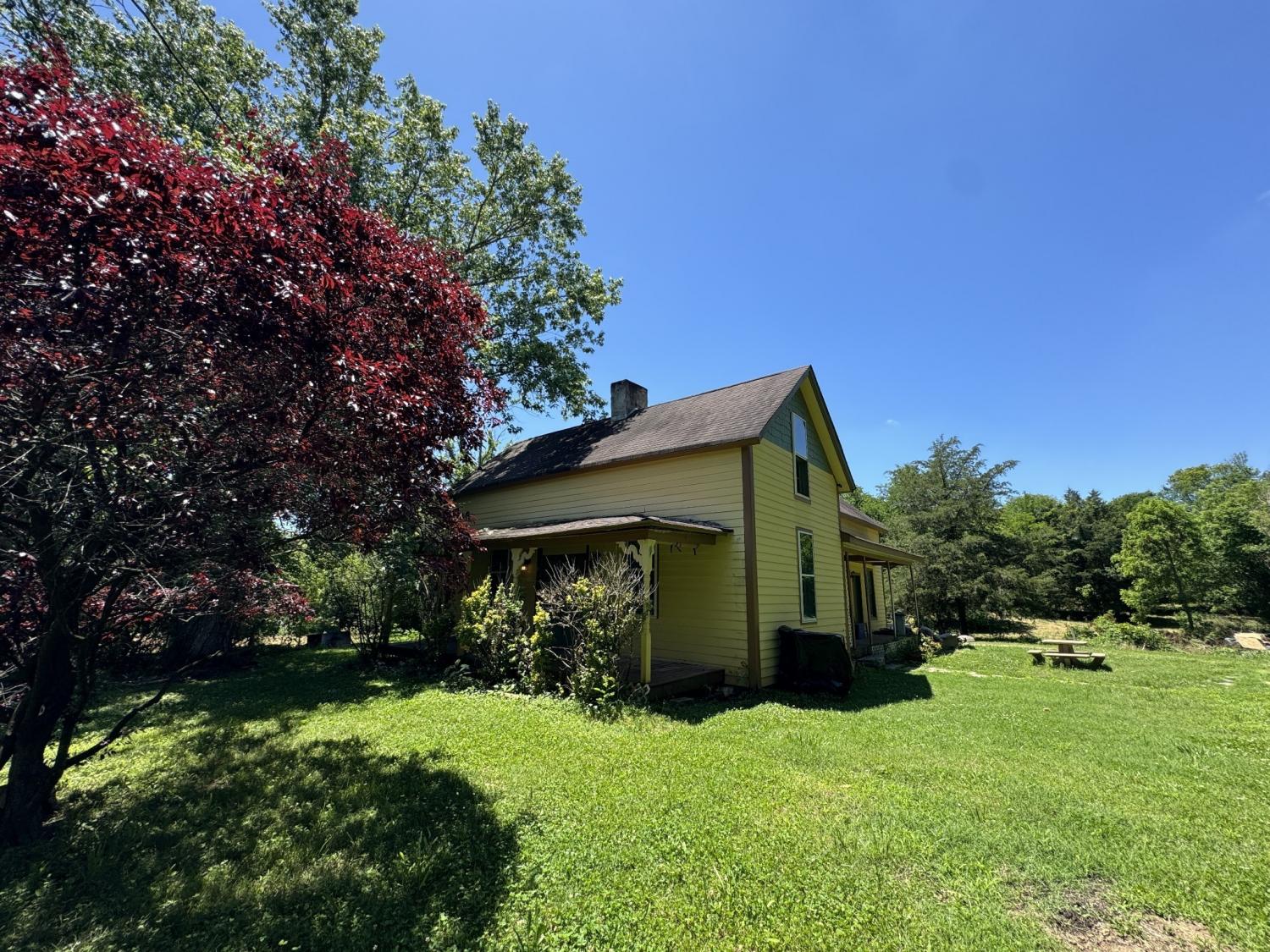
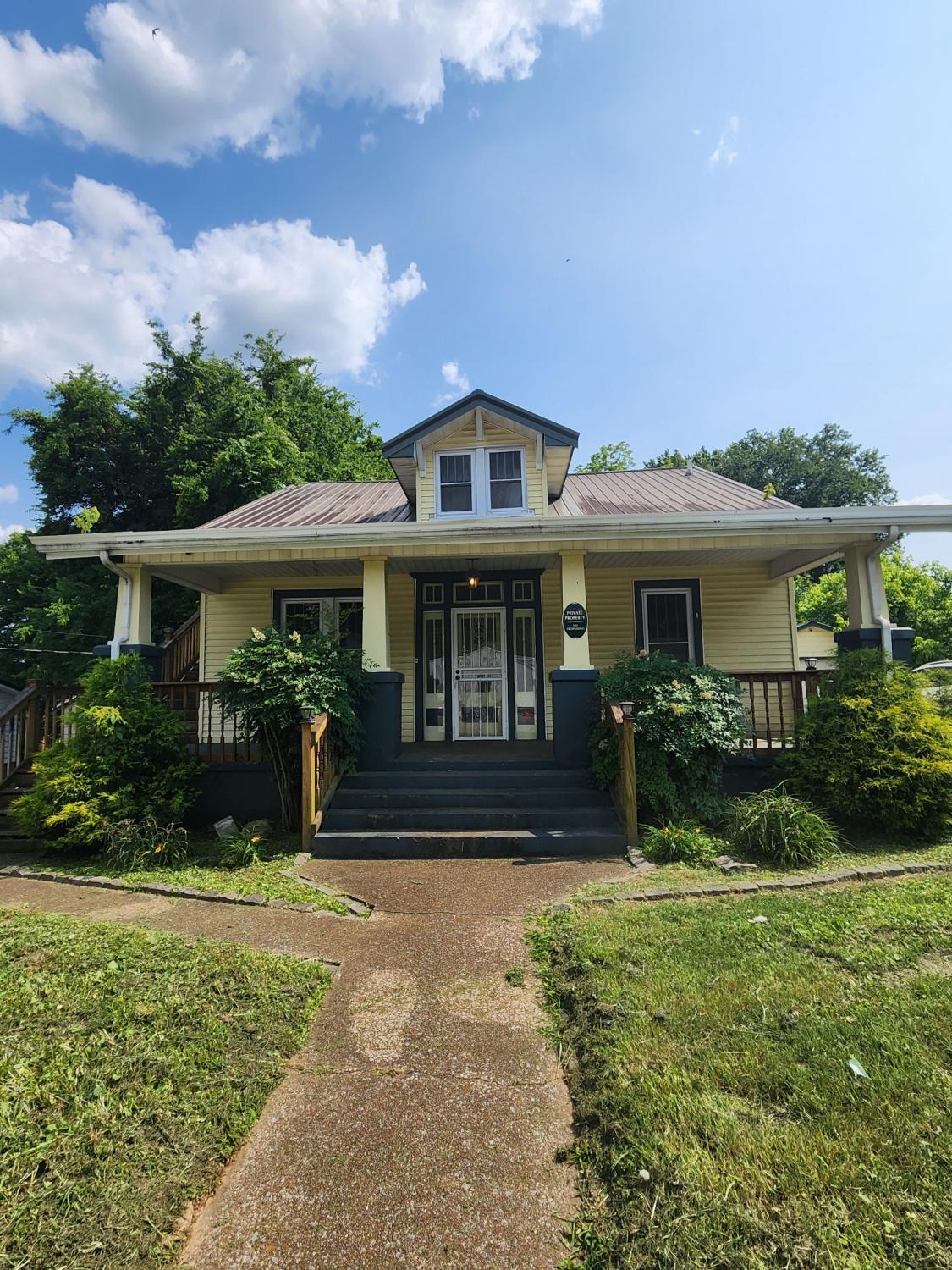
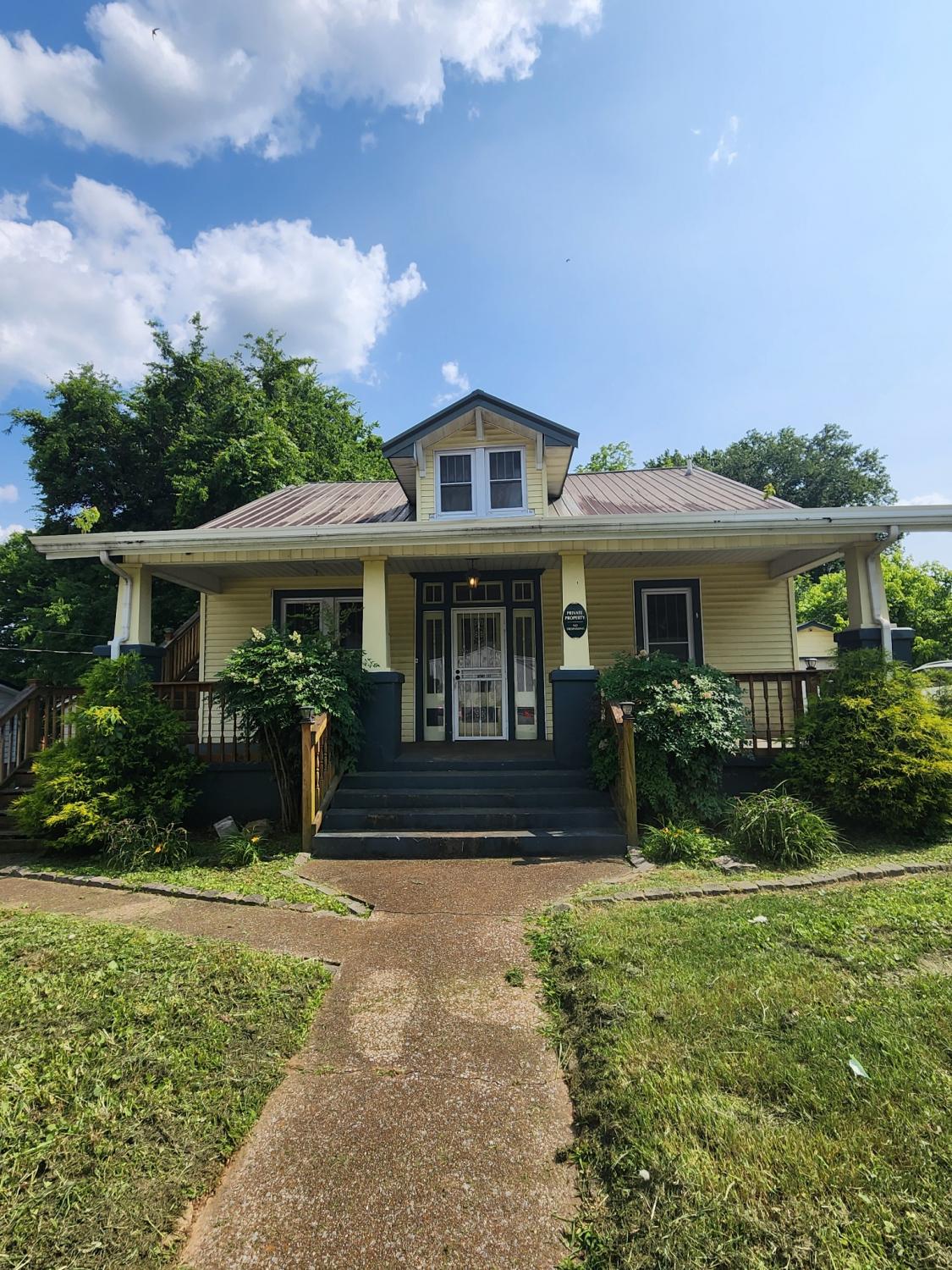
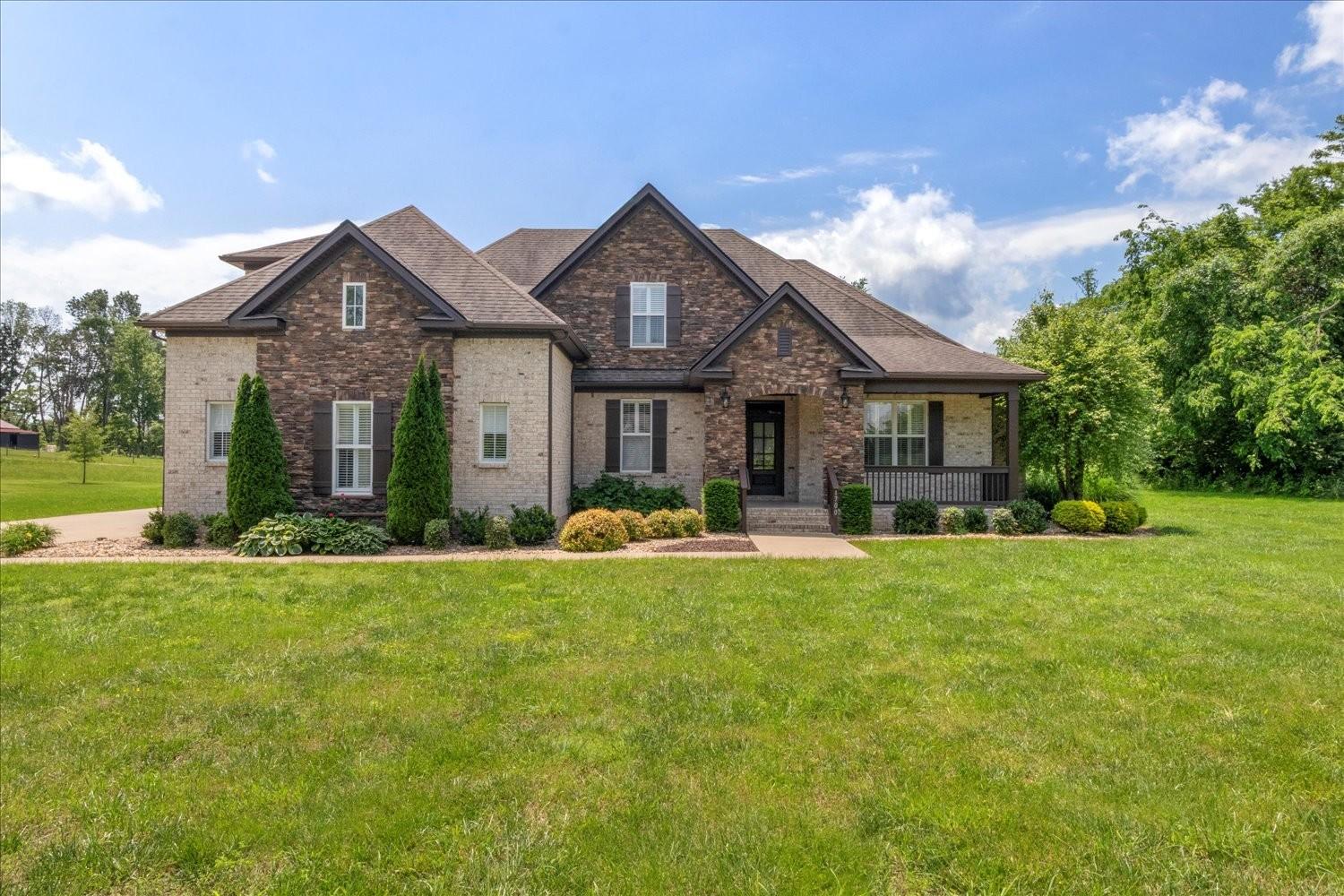
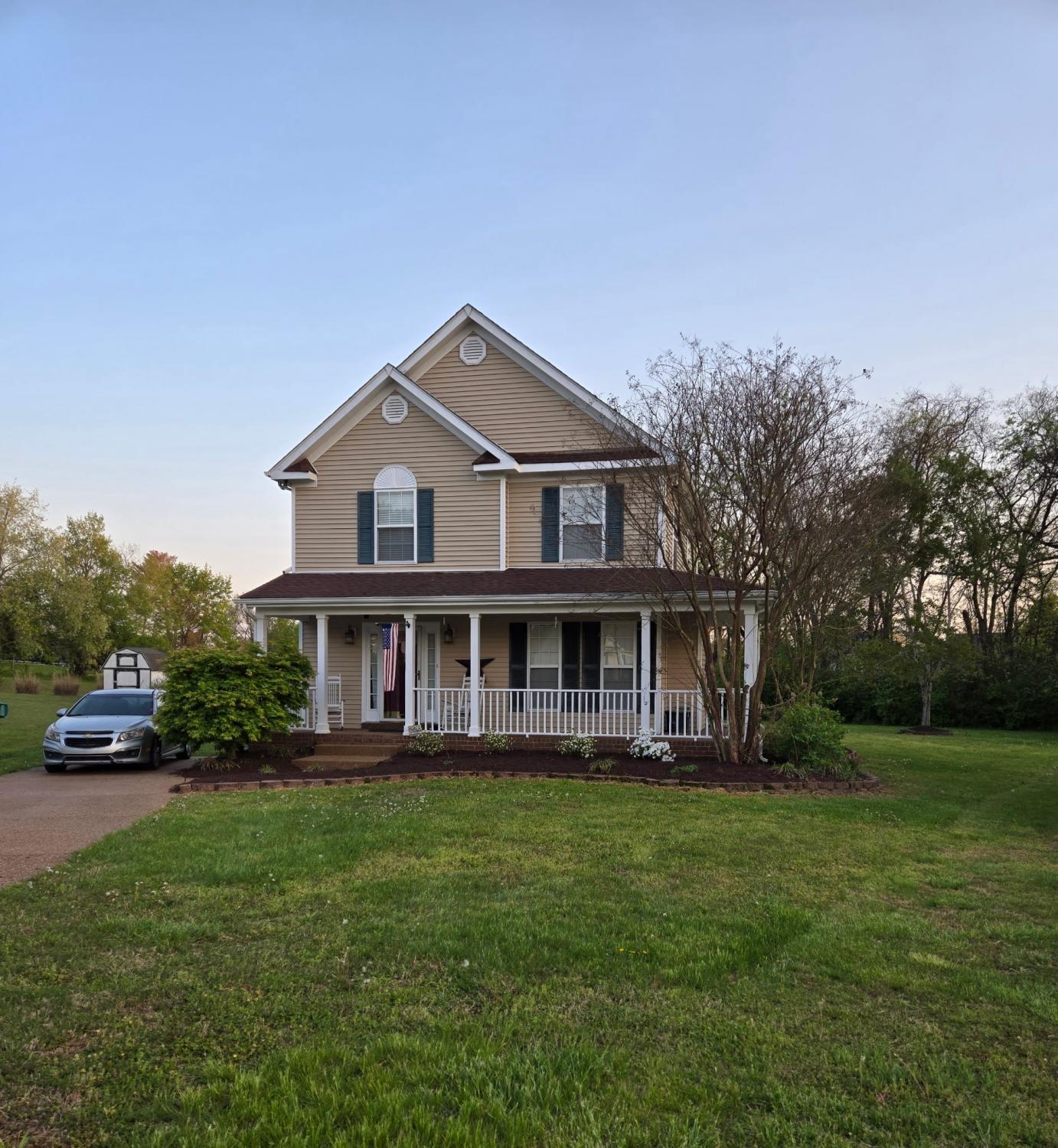
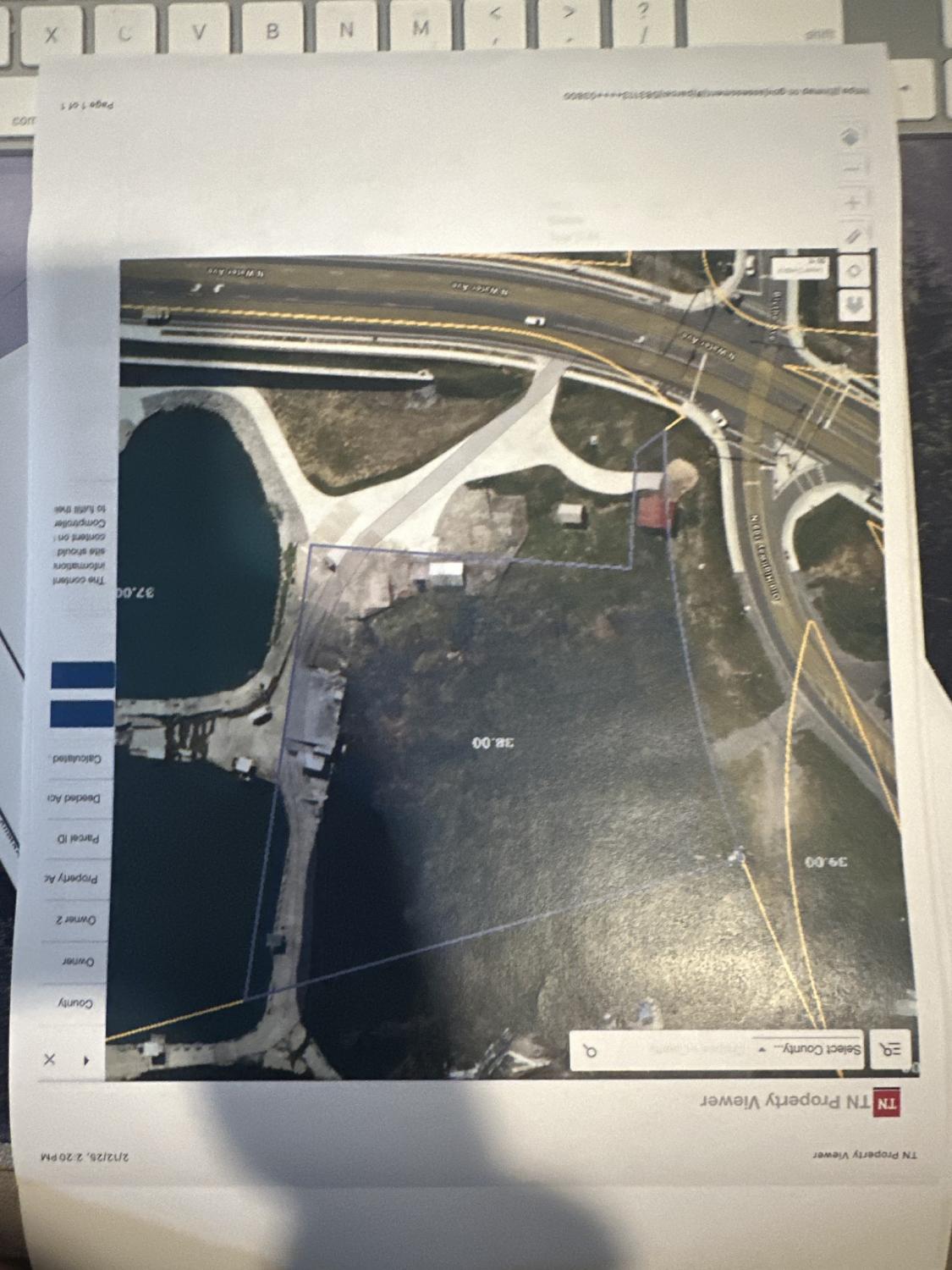
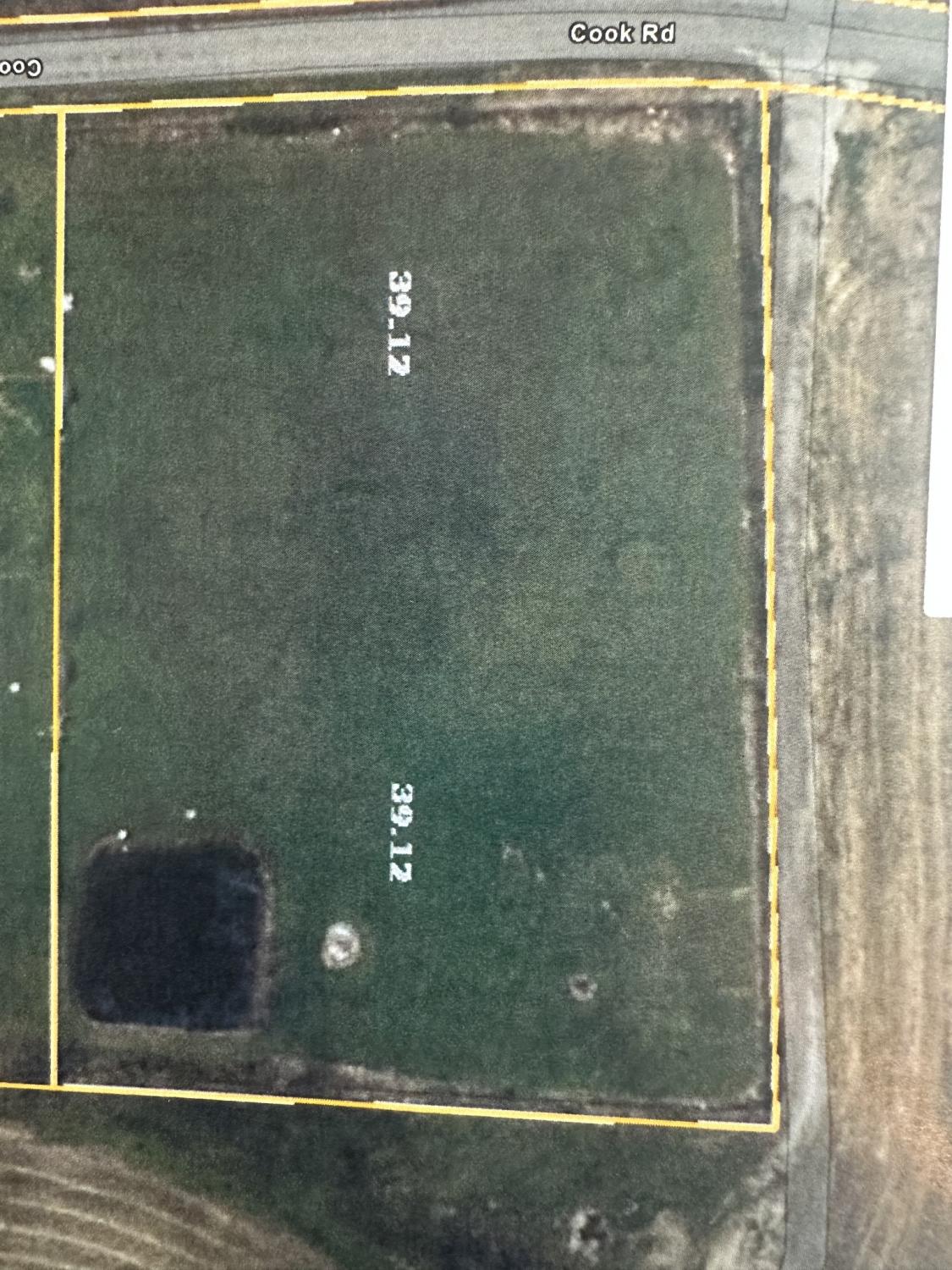
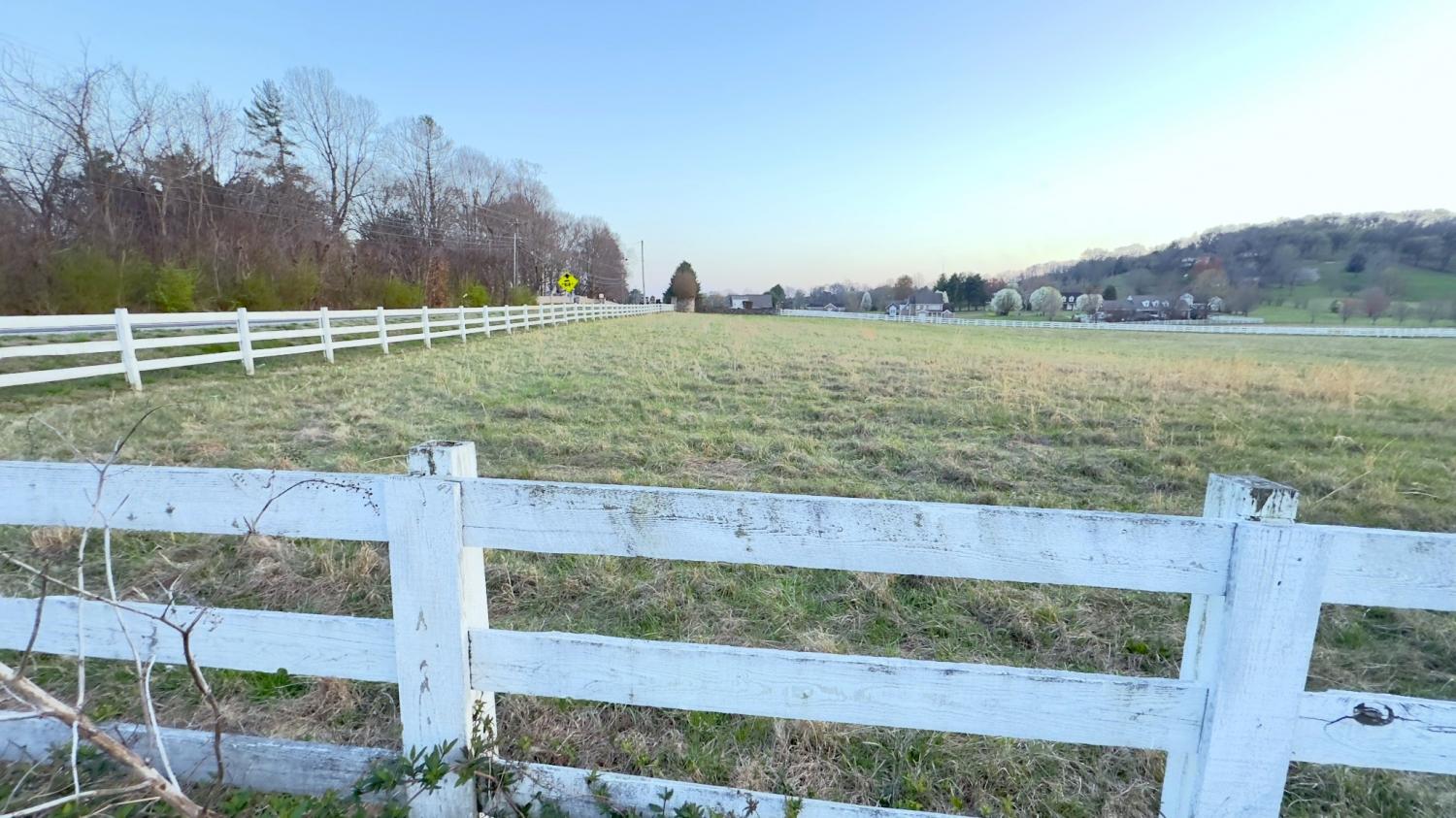
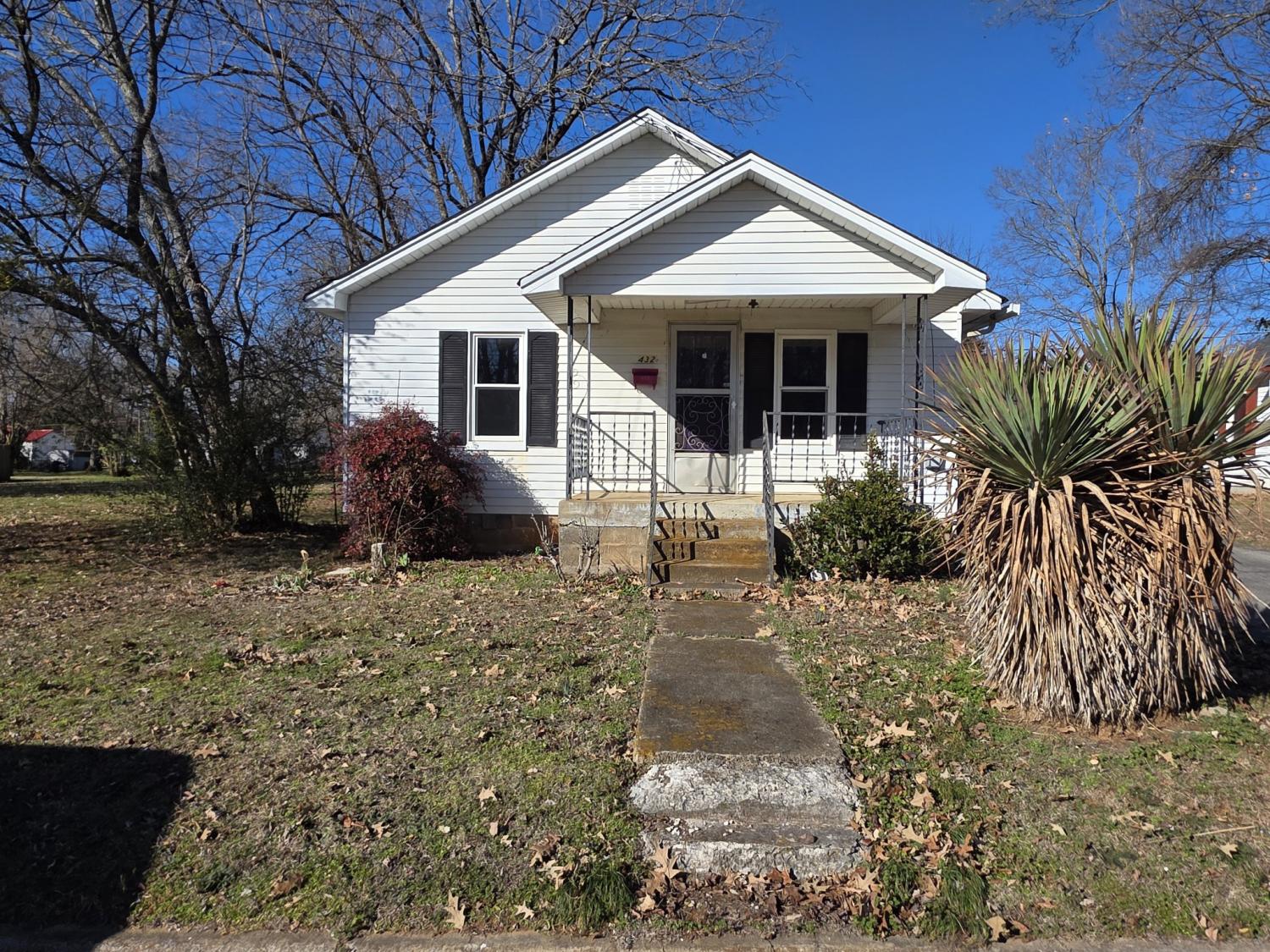
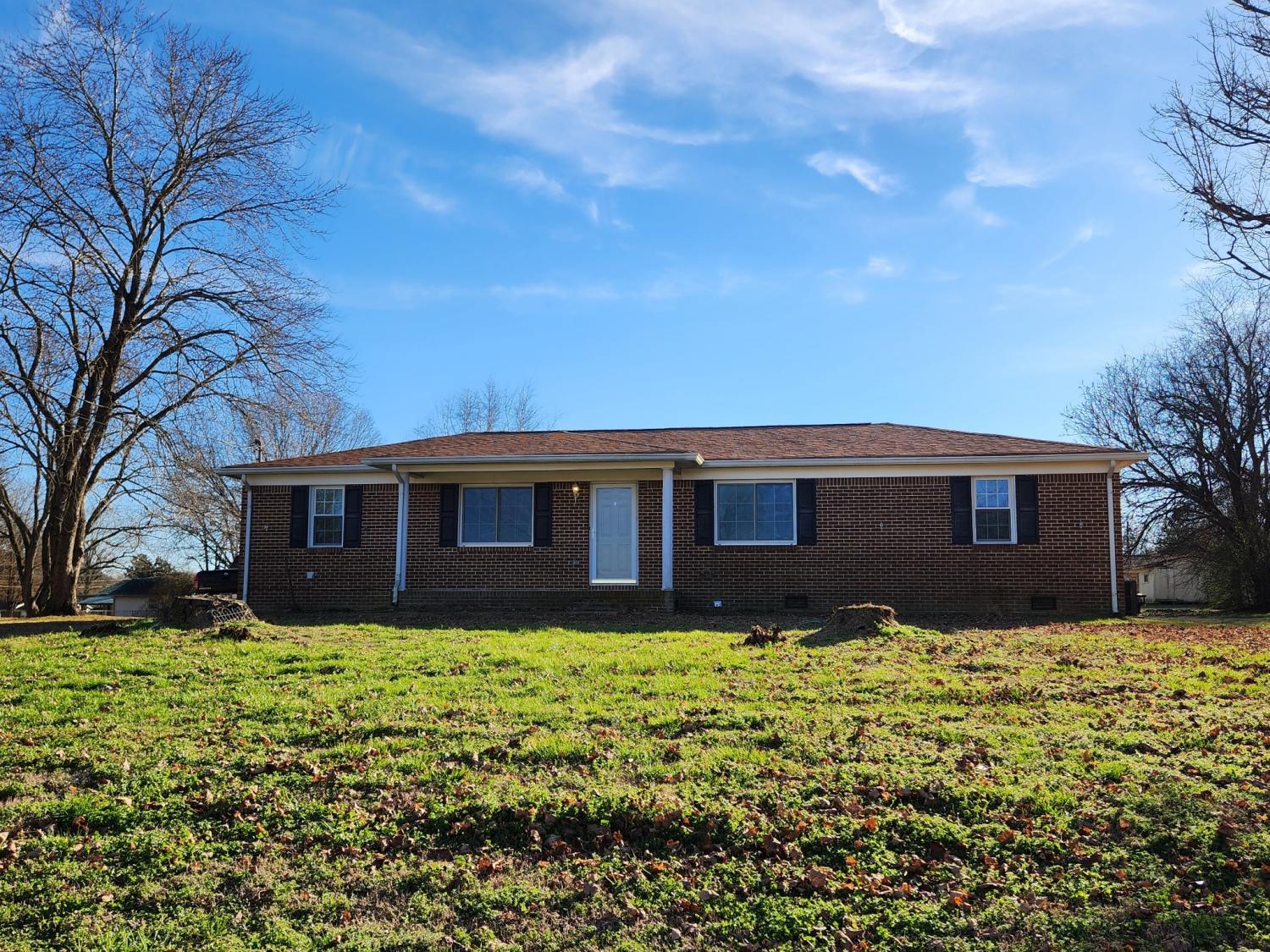
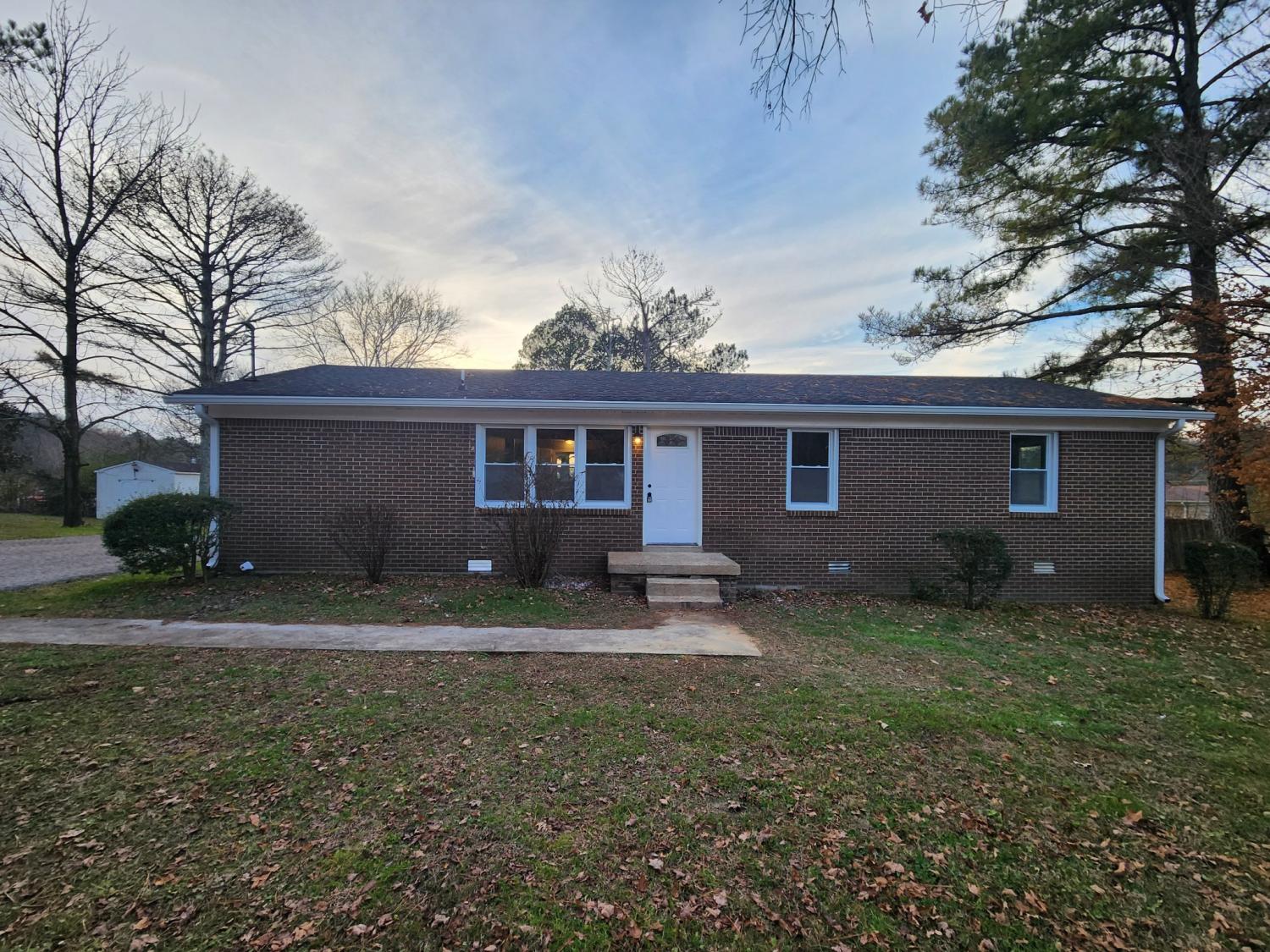

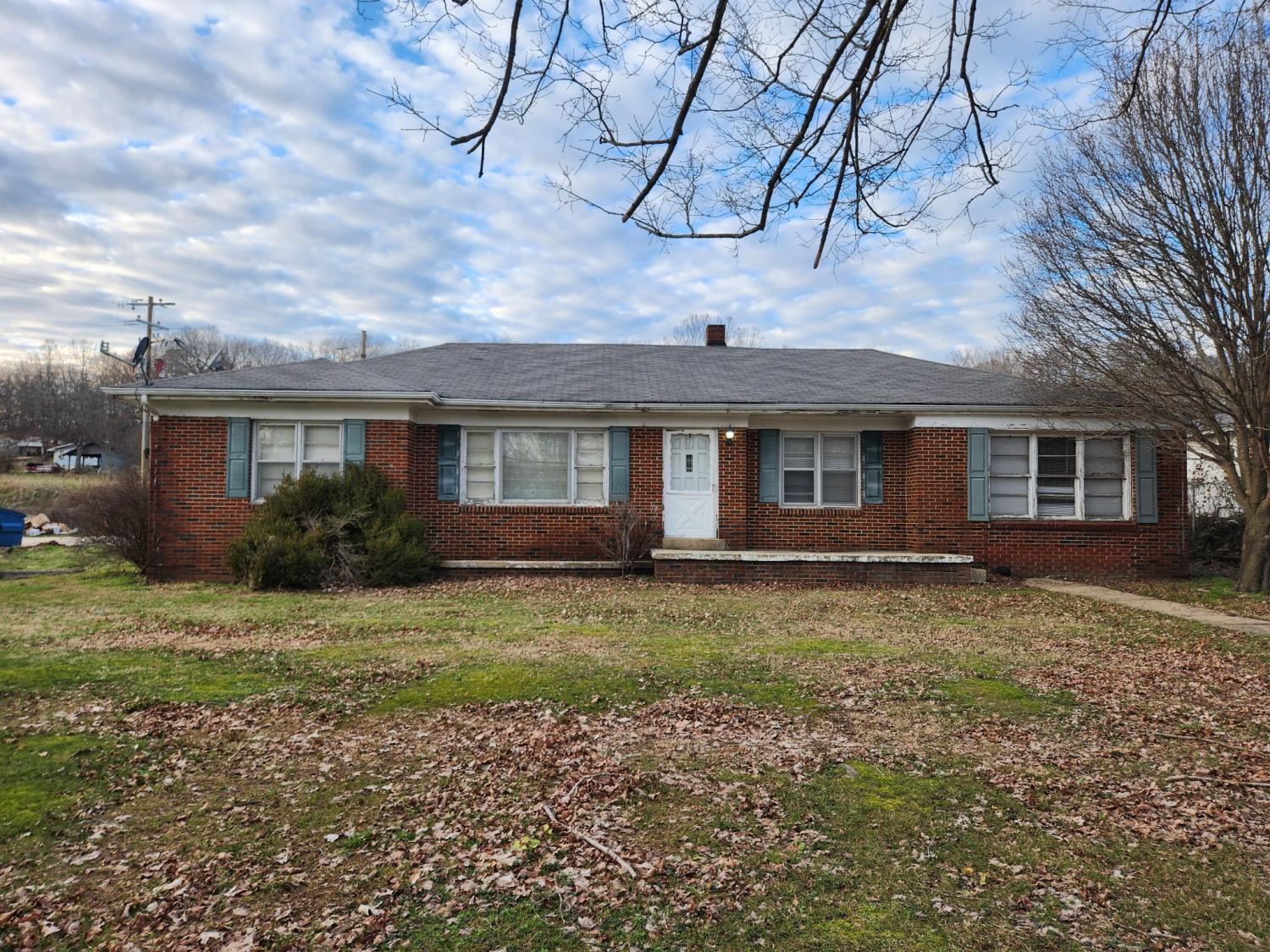
 © 2026 Listings courtesy of RealTracs, Inc. as distributed by MLS GRID. IDX information is provided exclusively for consumers' personal non-commercial use and may not be used for any purpose other than to identify prospective properties consumers may be interested in purchasing. The IDX data is deemed reliable but is not guaranteed by MLS GRID and may be subject to an end user license agreement prescribed by the Member Participant's applicable MLS. Based on information submitted to the MLS GRID as of March 5, 2026 10:00 AM CST. All data is obtained from various sources and may not have been verified by broker or MLS GRID. Supplied Open House Information is subject to change without notice. All information should be independently reviewed and verified for accuracy. Properties may or may not be listed by the office/agent presenting the information. Some IDX listings have been excluded from this website.
© 2026 Listings courtesy of RealTracs, Inc. as distributed by MLS GRID. IDX information is provided exclusively for consumers' personal non-commercial use and may not be used for any purpose other than to identify prospective properties consumers may be interested in purchasing. The IDX data is deemed reliable but is not guaranteed by MLS GRID and may be subject to an end user license agreement prescribed by the Member Participant's applicable MLS. Based on information submitted to the MLS GRID as of March 5, 2026 10:00 AM CST. All data is obtained from various sources and may not have been verified by broker or MLS GRID. Supplied Open House Information is subject to change without notice. All information should be independently reviewed and verified for accuracy. Properties may or may not be listed by the office/agent presenting the information. Some IDX listings have been excluded from this website.